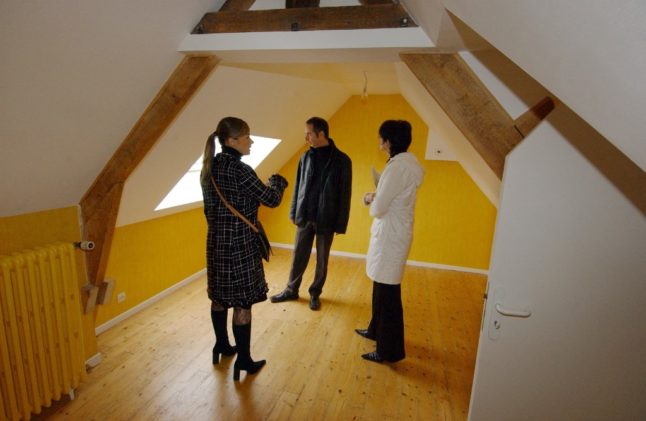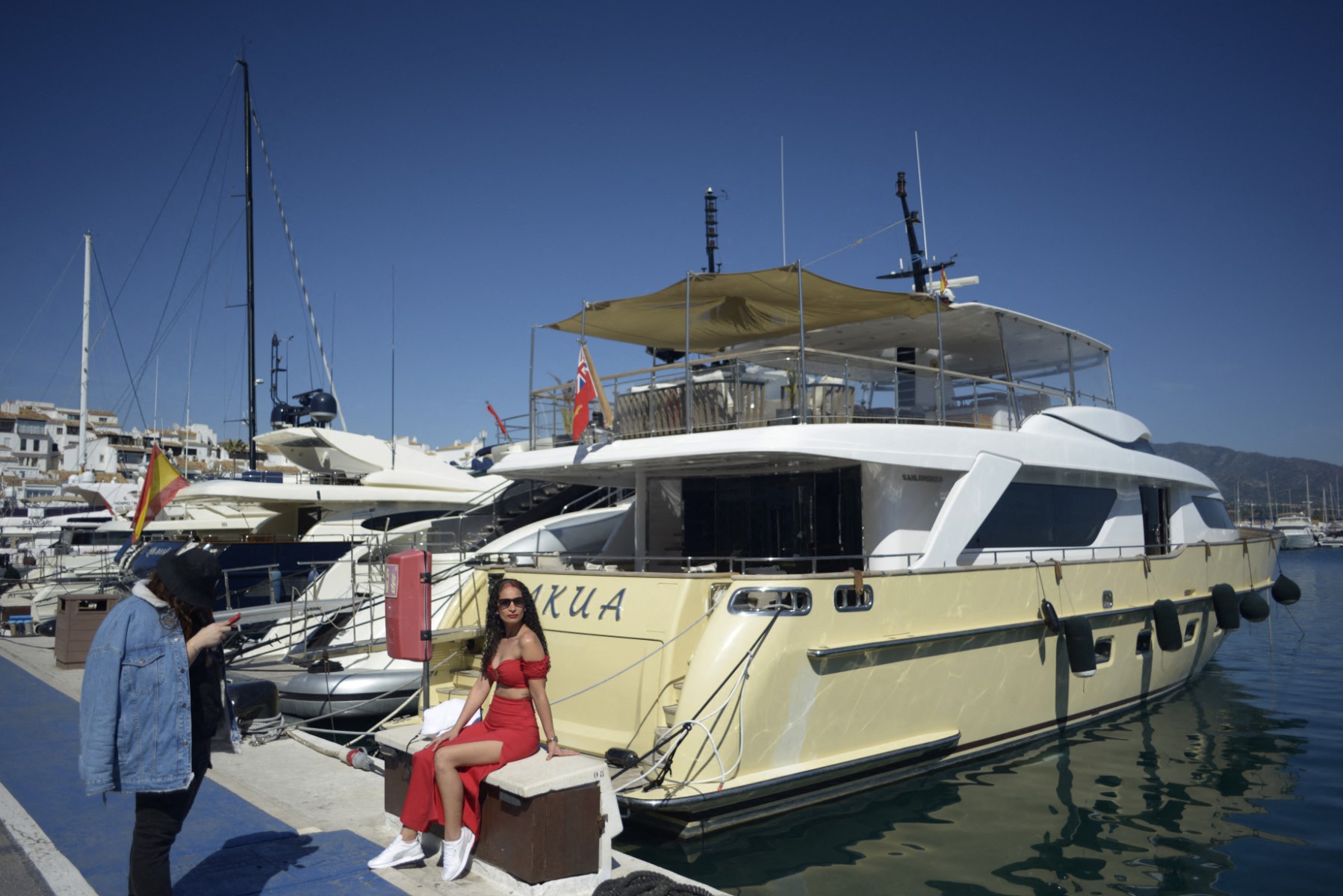If you’re looking for a house or apartment to rent in Spain, there can be a multitude of different factors to consider.
The price, the size, the location, the neighbourhood, which floor the flat is on and whether there’s a lift, whether it’s interior or exterior, how many apartments there are per floor, whether to go private or through an estate agents and, of course, the search itself.
When you’re going on visits, you’ll have to contend not only with owner or agent trying to ‘sell you’ the place, but also explaining the terms and conditions (often referred to as las condiciones or requisitos para entrar).
In Spain, the process can be a little complicated. Often landlords ask for two months deposit upfront, and those that go through an intermediary estate agent tend to ask for two months, plus an extra month (plus VAT, or IVA as it is in Spain) that goes to the agent! It certainly adds up.
Not only that, but very often in Spain you are expected to prove you will be able to pay your rent every month. And it’s not as simple as you might think.
Most estate agents or landlords think hat the best way to ascertain this is by you providing proof of an employment contract (contrato laboral) and recent payslips (la nómina) that demonstrate you are paid the same amount every month, and that it’s enough to cover the rent and other expenses.
Here’s where things can start to get tricky for self-employed people (known as autónomos in Spain), who number more than 3 million in Spain.
Regardless of whether your monthly autónomo earnings are high pretty much every month, regardless of how consistent they may be, or even if you have regular clients, the irregular and insecure nature of Spain’s work market have ensured that landlords and realtors take a rigid attitude towards the rules.
This is especially true following the turbulent economic times of recent years as we’ve moved from global pandemic to war in Europe to spiralling inflationary pressures on the global economy.
Landlords want to be sure you can pay the rent. Therefore, they may favour a waiter with a nómina of €1,000 a month over an autónomo who can prove monthly earnings double that for the previous six months. Doesn’t seem fair, right?
READ MORE: Why you should be raising your rates if you’re self-employed in Spain
Well, that’s often how it can be in Spain. Fortunately, if you find yourself in this situation, there are various ways you can convince potential landlords that you are financially solvent enough to rent their property, with or without a fixed contract.
The law
Now, it is not unheard of – in Spain nor anywhere else in the world – for an estate agent or landlord to try and squeeze more money out of you, or to add on some extra charges. In most people’s experience, Spanish estate agents and landlords are no better or worse than anyone else, but it’s worth keeping in mind.
It has been known, however, for some in Spain to try and get an extra month’s deposit by telling potential tenants that they need a nómina by law in order to rent a property in Spain, and that they’re doing you a favour by allowing it.
Simply put, this is not true. According to Spanish law, more specifically, La Ley de Arrendamientos Urbanos (Urban Renting Law), although many landlords require some form of financial insurance, there is absolutely nothing to say a nómina is necessary to rent a property in Spain. A deposit is legally required, but a nómina?
Helpful? Certainly. Legally necessary? Definitely not.
That said, if you explain to the property owner that you’re self-employed, some landlords maybe be willing to make other arrangements to ensure the rent.
Here are some options, and other bits of paperwork that could help:
Aval bancario: Like a bank guarantee, some landlords request tenants without nóminas or work contracts to set up an aval bancario.
You must pay in an agreed amount (often worth the value of two or three months of rent, sometimes more) into a bank account that you’re a customer with.
It’s money that you cannot touch for an agreed period of time and which you pay some interest on, and in the event that you do not pay your rent, the landlord will be able to access said funds.
This is not the cheapest way to rent a property, but it may be one of the more effective ways of convincing a landlord to accept you as a tenant.
If you pay your rent diligently every month and prove that you are reliable, after a year you should speak to your landlord to ask them them to cancel the aval in order to not continue paying interest on it and recover your stored money.
Anuncios de particulares: If you’re using the usual rental search engines like Idealista or Fotocasa, the vast majority of rental adverts are from estate agents (inmobiliarias) who ask for all the proper documentation, including contracts and pay slips, and often the extra month’s rent as a fee.
When you’re making your search, keen an eye out for anuncios particulares , which are private ads direct from landlords.
Sometimes if you deal directly with the owner themselves, they are less strict about rules with regards to nóminas and contracts. Maybe you’ll get really lucky and find a landlord that takes a liking to you and who only asks for one month’s deposit.
Seguro de impago de alquiler: A landlord may be more likely to rent to you even if you don’t have a nómina when they have seguro de impago de alquiler, non-payment rental insurance. It protects the landlord for the duration of the contract and covers the rent and any repairs or legal fees.
IRPF: IRPF is Spain’s personal income tax, and providing your most recent income tax return could help put your potential landlord at ease by proving that what you’ve earned over the last year could cover the cost of the rent.
Seguridad Social: Similarly, providing proof of your social security payment can help prove your financial solvency.
Bank statement: a simple bank statement to show account activity – and that you have enough to pay the rent and deposit, of course – might ease the mind of your landlord as it allows them to see your incomings and any debts you might have.
IVA: Showing your VAT (IVA in Spain) returns could be another tool that, when used in conjunction with other ways of proving your solvency, could convince a landlord to rent to an autónomo.
Pensioner documentation: If you’re retired and you’re looking to rent, any official documents which show how much pension money you receive every month, along with bank statement reflecting savings, should suffice to convince a landlord or estate agent that you’re solvent.
READ ALSO: Renting in Spain: Can my landlord put up my rent due to rising inflation?




 Please whitelist us to continue reading.
Please whitelist us to continue reading.
Member comments